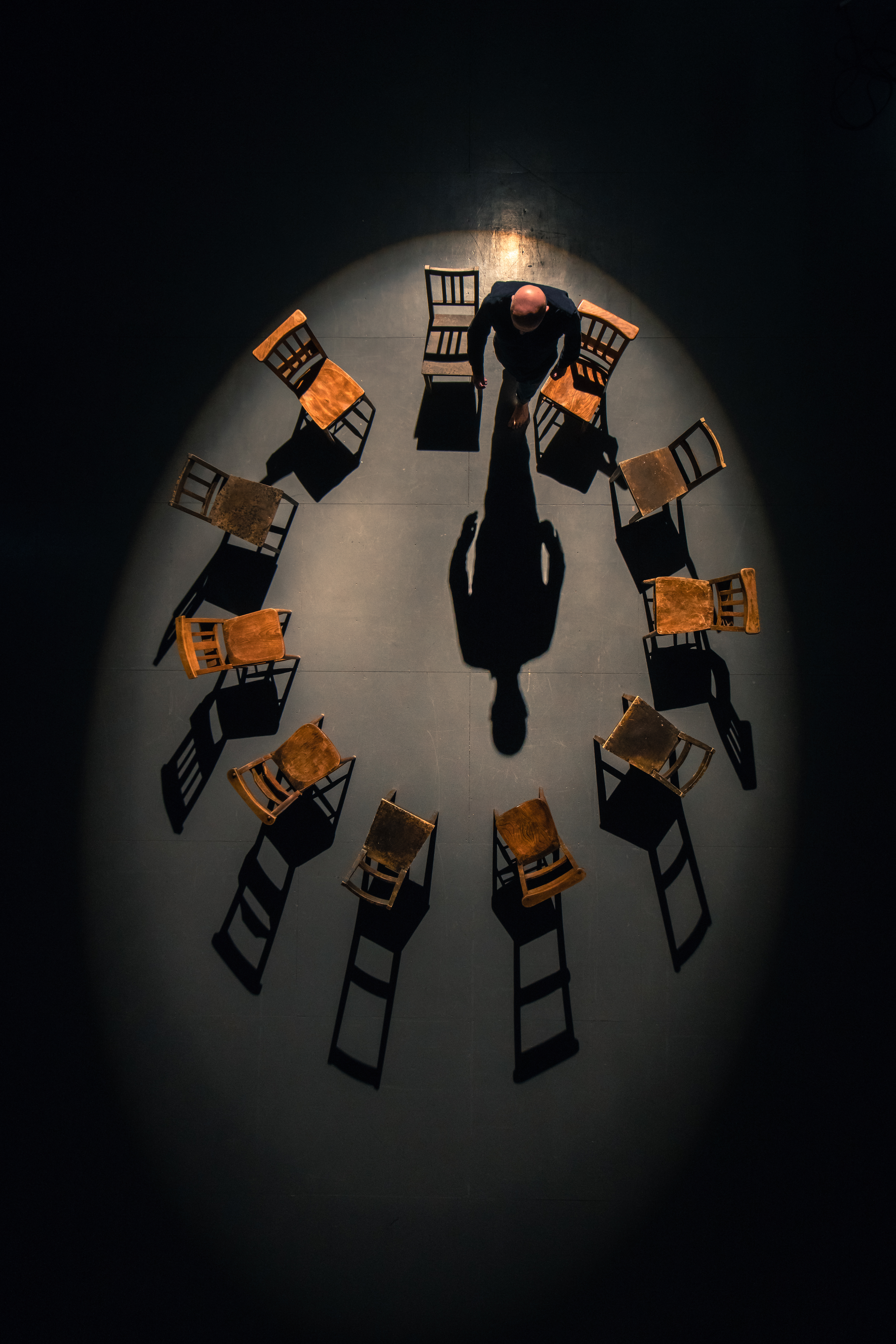The Long History of Schweyk in the Second World War from the Novel to the Stage (1920-1943)
DOI:
https://doi.org/10.13133/2239-1983/18073Abstract
Between 1920 and 1923, Jaroslav Hašek’s unfinished satirical novel The Fateful Adventures of the Good Soldier Švejk, was published in instalments in Czechoslovakia. Set during World War I, the novel follows Švejk, an eccentric character from Prague who wanders from one regiment to another without ever reaching the front. Thanks to his excessive obedience and idiotic de- meanour, Švejk survives the conflict and unveils the maladministration of the Austro-Hunga- rian army as well as the absurdity and atrocities of the war. In 1926, Hašek’s novel was transla- ted into German and encountered great success. Later on, Piscator decided to adapt the novel for the stage. However, its rights had already been acquired in 1927 by Max Brod (a Czech wri- ter and Kafka’s friend), who wrote a stage adaptation with the satirist Hans Reimann. Piscator disliked their work. Therefore, building on a scenic invention – that is, staging the novel on a treadmill –, Piscator called around him a collective of authors (Brecht, Gasbarra, Lania) who adapted the novel for the stage drawing directly from Hašek’s novel and, partially, from Brod and Reimann’s adaptation. However, because Piscator did not hold the rights to the novel, Brod and Reimann’s names featured on the playbill of the new adaptation. This engendered a controversy between Brod and Piscator, which focused on a comparison between dramatic theatre and epic theatre, exemplified by their adaptations of Hašek’s novel. In 1943, amid the Second World War, Brecht lived as exile in the United Stated: he then returned to Hašek’s novel and wrote a play transposing Švejk’s adventures to the Second World War.
Downloads
Published
Versions
- 2022-06-28 (2)
- 2022-06-28 (1)
How to Cite
Issue
Section
License
Gli autori che pubblicano su questa rivista accettano le seguenti condizioni:- Gli autori mantengono i diritti sulla loro opera e cedono alla rivista il diritto di prima pubblicazione dell'opera, contemporaneamente licenziata sotto una Licenza Creative Commons - Attribuzione che permette ad altri di condividere l'opera indicando la paternità intellettuale e la prima pubblicazione su questa rivista.
- Gli autori possono aderire ad altri accordi di licenza non esclusiva per la distribuzione della versione dell'opera pubblicata (es. depositarla in un archivio istituzionale o pubblicarla in una monografia), a patto di indicare che la prima pubblicazione è avvenuta su questa rivista.
- Gli autori possono diffondere la loro opera online (es. in repository istituzionali o nel loro sito web) prima e durante il processo di submission, poiché può portare a scambi produttivi e aumentare le citazioni dell'opera pubblicata (Vedi The Effect of Open Access).


